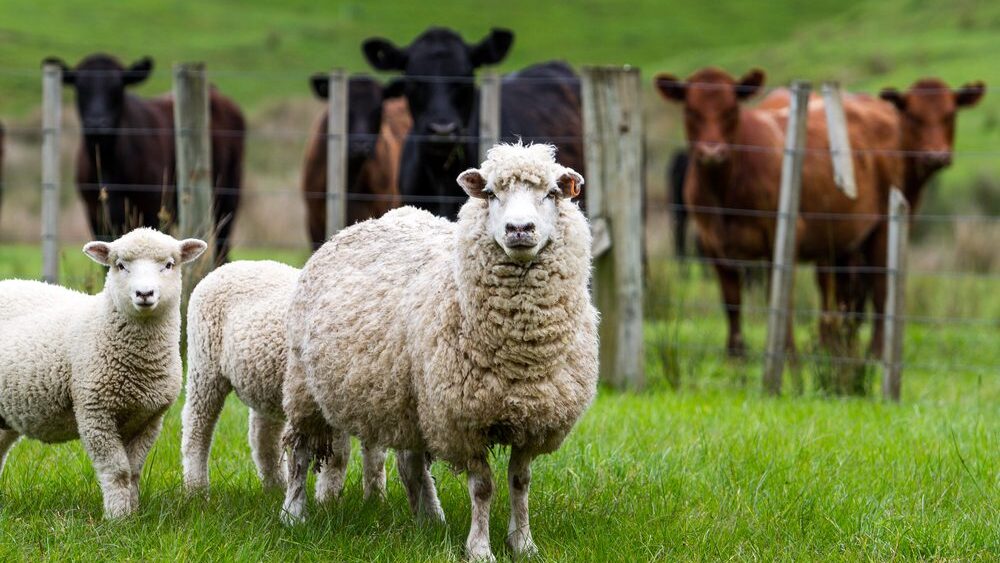
Hopes for an EU-Australian free trade agreement before the European elections in 2024 have seriously diminished after Australian Trade Minister Don Farrell signalled that EU agricultural protectionism made a deal impossible. The setback is a massive blow to Europe’s plans to tap into Australian mineral resources.
Talks have been ongoing since 2018 to nail down the tricky terms of a potential free trade agreement (FTA) between the EU and Australia. However, a dispute over the protected status of feta cheese and prosecco derailed plans for an early deal in July. Canberra also rejected the European Commission’s demands that the Australian economy comply with EU green edicts.
#BREAKING: No deal – Australia’s Trade Minister Don Farrell confirms the Osaka negotiations have failed to secure a free trade deal with the European Union. He hopes it will happen “one day” but that could be years away now @SBSNews (vision supplied by the government) pic.twitter.com/ekKfcGQnEn
— Anna Henderson (@annajhenderson) October 29, 2023
Australia had intended to sign the agreement during a two-day trade meeting at the G7 in Osaka, Japan. However, they failed to secure EU commitments to bring down the barriers on beef, sheep, dairy, and sugar exporters.
Australian farmer’s groups have labelled the agreement a “dud deal,” but EU Commission President Ursula von der Leyen, in her State of the Union address last month, still maintained that the free trade agreement can be confirmed by the end of 2023..
The Australian government had previously indicated that a failure to achieve the deal this month would entail waiting until the election of a new EU Commission in 2024. Matters are expected to be further complicated by Australian federal elections the year after.
The tortuous process is in contrast to a 2021 UK-Australian agreement signed a year after Brexit, vindicating a long-held Brexiteer position that London was better placed to negotiate trade deals outside of Brussels’ orbit.
Despite being lauded as a free trading powerhouse able to use its 450-million common market as a massive bargaining chip abroad, recent EU attempts at signing new tariff-free deals have been plagued by disunity and diminishing economic influence.
At talks to restart Mercosur earlier this year, left-wing and Peronist Latin American governments lashed out at EU attempts to dictate terms. One former EU Commissioner even admitted last week that green policies were being weaponised to impose harsh terms on the Global South.
The death of the deal is also good news for China. Both the EU and Australia have been keen to reduce reliance on the Chinese economy, with Brussels particularly interested in Australian lithium supplies to facilitate electric car batteries.
Adding to the EU’s trading woes this week, the U.S. dashed hopes for a mineral deal with the EU, while Beijing’s top representative in Brussels sounded the alarm on a potential trade war over attempts by Eurocrats to clamp down on unfair electric car subsidies from China.
